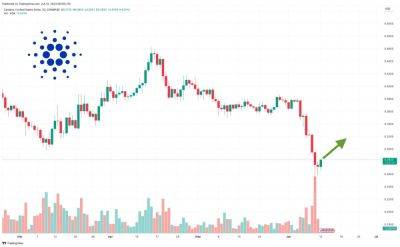The role of blockchain in combatting fraud and revolutionizing the gaming industry
A new dawn is breaking in the gaming industry, driven by the transformative power of blockchain technology. As this industry — expected to hit $200 billion in 2023 — continues to grapple with the scourge of fraud, blockchain is emerging as a potent ally, armed with its inherent traits of decentralization, transparency and immutability. Moreover, blockchain is not merely a tool to combat fraud but also an innovation set to revolutionize the gaming experience itself.
Central to blockchain’s appeal is its decentralized nature. In contrast to traditional systems that rely on a single central authority for validation, blockchain operates on a network of computers, or nodes. Each node on the network holds a copy of the entire blockchain, which significantly enhances system security. This decentralized model thwarts hackers by requiring them to simultaneously breach the majority of nodes to execute a fraudulent act — a feat virtually impossible with current technology.
Blockchain’s transparency is another key weapon in the fight against fraud. Every transaction conducted on the blockchain is visible to all network participants, allowing for easy detection and tracing of illicit transactions. Moreover, blockchain’s transparency extends to the enforcement of game rules, thanks to the implementation of smart contracts. These self-executing contracts, governed by explicit terms and conditions, drastically reduce the potential for cheating or manipulation within games.
Blockchain’s immutable records offer an effective solution to fraud related to trading in-game assets. Once a transaction is recorded on the blockchain, it cannot be altered or deleted. This immutability ensures the indisputable ownership of in-game assets, which can be
Read more on cointelegraph.com

 cointelegraph.com
cointelegraph.com
















